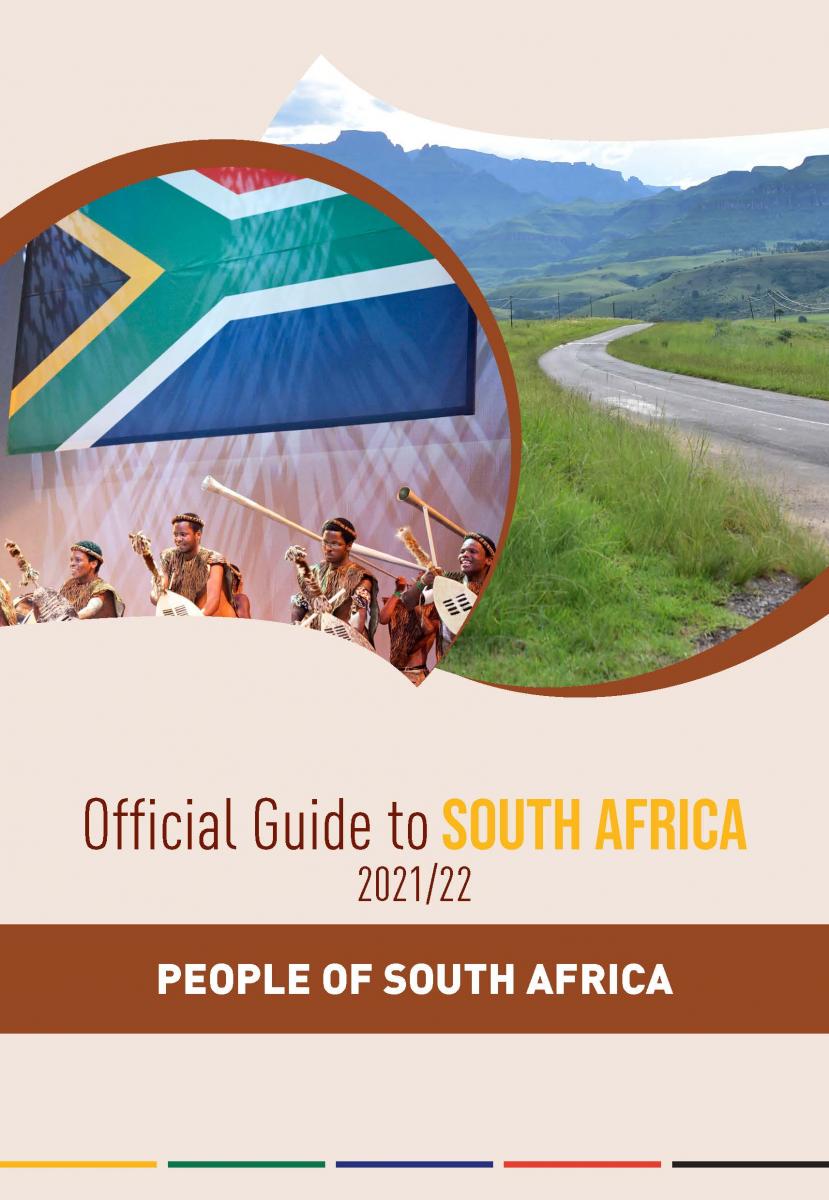Registration of births
Languages
Religious beliefs

For 2022, Statistics South Africa estimates the mid-year population at 60,60 million people. Approximately 51,1% (approximately 30,98 million) of the population is female and approximately 48,9% (about 29,62 million) is male.
Life expectancy at birth for 2022 is estimated at 60,0 years for males and 65,6 years for females. The infant mortality rate for 2022 is estimated at 24,3 per 1 000 live births.
The estimated overall HIV prevalence rate is approximately 13,9% among the South African population. The total number of people living with HIV (PLWHIV) is estimated at approximately 8,45 million in 2022. For adults aged 15–49 years, an estimated 19,6% of the population is HIV positive.
There is a reduction in international migration, which is indicative of the COVID-19 travel restrictions and subsequent impact on migratory patterns since March 2020.
Migration is an important demographic process, as it shapes the age structure and distribution of the provincial population (and so the country’s population structure). For the period 2021–2026, Gauteng and Western Cape are estimated to experience the largest inflow of migrants of approximately, 1 443 978 and 460 489 respectively.
Gauteng still comprises the largest share of the South African population, with approximately 16,10 million people (26,6%) living in this province. KwaZulu- Natal is the province with the second largest population, with an estimated 11,54 million people (19,0%) living in this province. With a population of approximately 1,31 million people (2,2%), Northern Cape remains the province with the smallest share of the South African population.
About 28,07% of the population is aged younger than 15 years (17,01 million) and approximately 9,2% (5,59 million) is 60 years or older. The provinces reflecting the highest percentage of children younger than 15 within its structure are Limpopo (33,6%) and Eastern Cape (32,7%).
The proportion of elderly persons aged 60 years and older in South Africa is increasing over time and as such policies and programmes to care for the needs of this growing population should be prioritised.
Registration of births
In South Africa, the right to identity – which includes nationality, name and family relations – is enshrined in Section 28 of the Constitution of the Republic of South Africa of 1996. The Births and Deaths Act of 1992 governs the registration of births in South Africa.
The Births and Deaths Registration Act of 1992 has been amended several times, with the last amendment, Births and Deaths Registration Amendment Act, being made in 2010. The registration of births in South Africa falls under the mandate of the Department of Home Affairs.
To better enforce the registration of births, the Amendment Act of 2010 mandates the registrations of births within 30 days from date of birth. The Constitution and the Act reaffirm South Africa’s commitment to Articles seven and eight of the United Nations Convention on the Rights of the Child and the African Charter on the rights and welfare of the child.
The agreements mandate the preservation of children’s rights to identity, a nationality, to a name from birth, family ties and birth registration immediately after birth. The realisation of the right to be registered is closely linked to the safeguarding of a whole range of fundamental rights, including healthcare, social security, education, participation and protection.
The primary purpose of the records derived from the civil-registration process is to create a permanent record of the birth occurrence and for the issuing of a birth certificate, which is a personal document to attest birth registration and the most visible evidence of the government’s legal recognition of the child. In essence, without a birth certificate the unregistered babies/children essentially do not legally exist.
Languages
South Africa is a multicultural society that is characterised by its rich linguistic diversity. Language is an indispensable tool that can be used to deepen democracy and also contribute to the social, cultural, intellectual, economic and political life of the South African society.
The country is multilingual with 11 official languages, each of which is guaranteed equal status. Most South Africans are multilingual and able to speak at least two or more of the official languages.
In terms of the Use of Official Languages Act of 2012, and as part of promoting social cohesion and nation-building, every government department, public entity and enterprise is expected to establish a language unit and adopt a language policy.
In June 2022, Cabinet approved the publication of the Constitution Eighteenth Amendment Bill of 2022 for public comments. The Bill amends Section 6(1) of the Constitution of the Republic of South Africa of 1996, which proclaims that South Africa’s 11 official languages are Sepedi, Sesotho, Setswana, siSwati, Tshivenda, Xitsonga, Afrikaans, English, isiNdebele, isiXhosa and isiZulu.
The amendments will give recognition to the South African Sign Language (SASL) as the 12th official language of the country and will advance its cultural acceptance and affirm equal rights for all South Africans, irrespective of their disabilities. The Department of Basic Education already recognises the SASL as a home language.
Religious beliefs
Religious beliefs in South Africa include Christianity; Islam; Traditional African religion; Hinduism; Buddhism; Bahaism; Judaism; Atheism, Agnosticism and Satanism.
Source: Official Guide of South Africa




